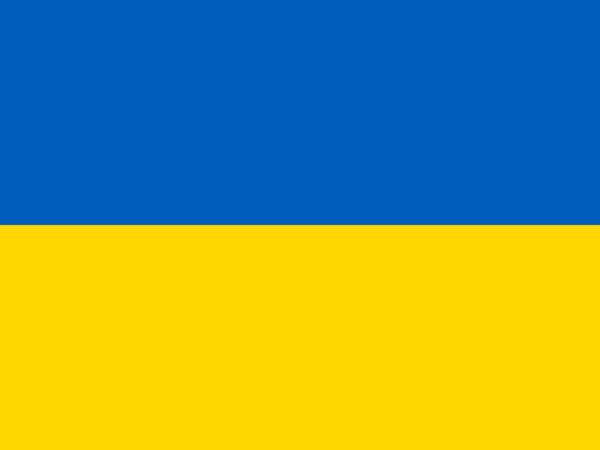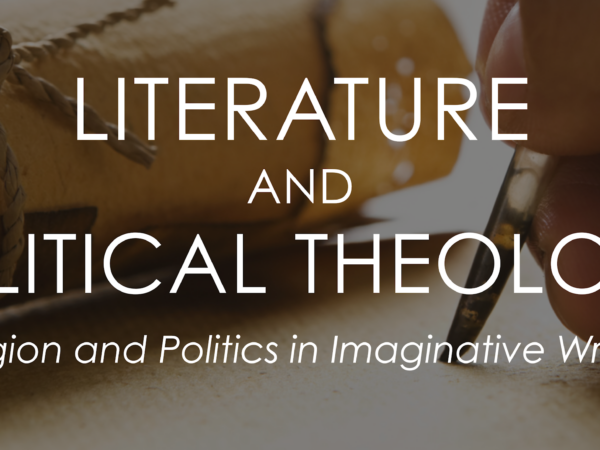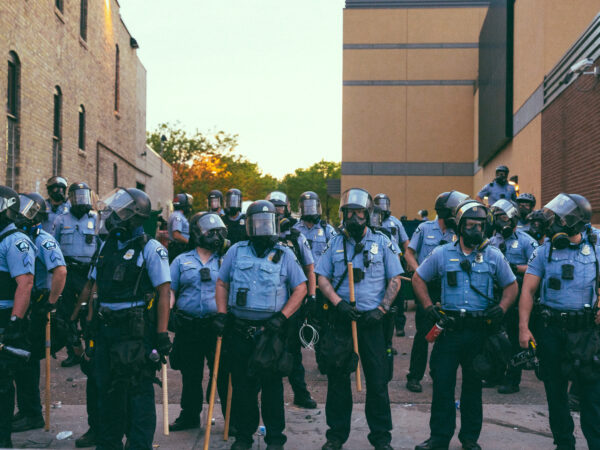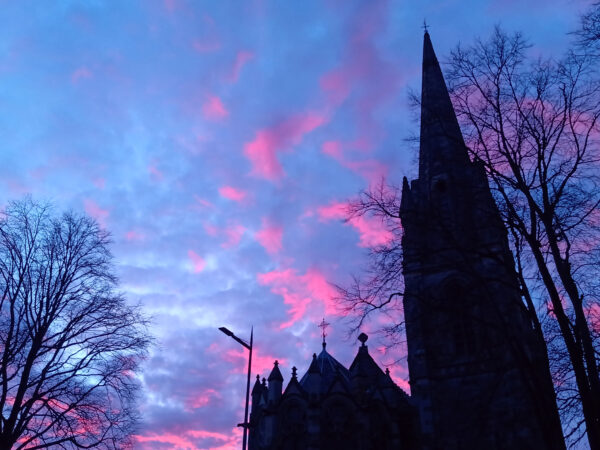
We contend that in this time of increasing disaffiliation, the stories of “the women who left” in the twentieth century offer valuable insights about familiar Catholic experiences for those who know the pain of disillusionment, who have yearned for holiness outside of the church, and who have sought to reclaim what is of value in the tradition that formed them.
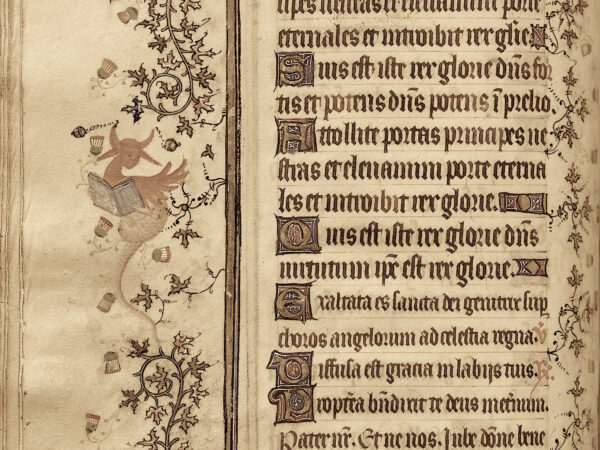
Why is it interesting to put the word “political” next to the word “theology”? And what do early and medieval Christian authors like Meister Eckhart, John Cassian, and Thomas of Cantimpré have to do with either?
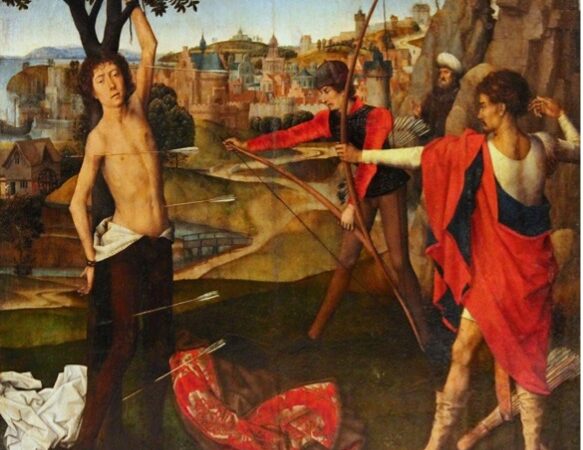
How would Roman Catholic political theology and ethics change if it took seriously the experiences and thought of queer Catholics?
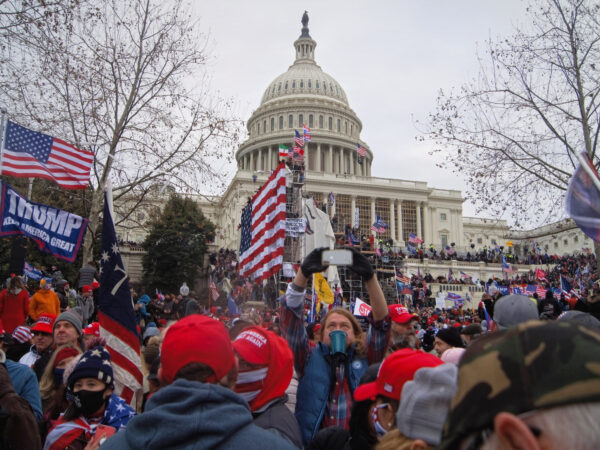
The irony of American populism is that the very anti-authoritarianism and community building that contributed much to American vibrancy and that are bequeathed to evangelicals by history and doctrine may under distress turn to self-protective, us-them defense.
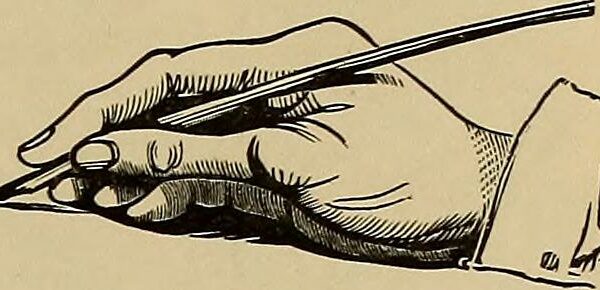
This symposium celebrates George Shulman’s work on political theology by continuing the conversation that formally concluded when Shulman’s “Political Theology” seminar met for the last time in the spring of 2021.

Although its aim is to provide a snapshot of our research and thinking on the topic of desire, this symposium hints at aspects of ourselves as desiring subjects, as people who bring differing social and sexual identities to their work, and who inhabit religious and secular worlds in diverse ways.


